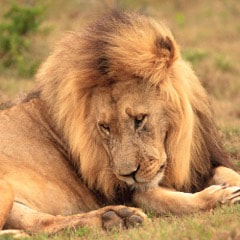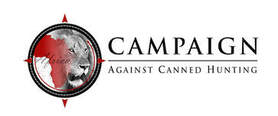
https://conservationaction.co.za/media-articles/parliament-slams-kruger-park-for-defying-directive-not-to-sign-agreement-with-neighbours/
So here we have Kruger National Park conservation officials promoting and facilitating the hunting of Kruger Park animals in the adjacent privately owned conservancies, the association of private nature reserves. (APNR)
The hunting quotas approved by these ‘custodians of our wildlife’ are truly shocking; more than 7000 wild animals including 47 elephants.
And this after Kruger Park officials were expressly forbidden to sign off on this agreement by the Chairman of the Portfolio Committee for Environment Affairs of the South African Parliament, Philemon Mapulane MP.
Giving the finger to Parliament in this manner will surely cause outrage in Parliament.
The response of the defiant conservation bureaucrats has been to lie through their teeth, claiming:
- they did not know they were doing anything wrong; alternatively
- if they did, they don’t know what all the fuss is about.
Add to all this the fact that the portfolio committee would be unable to change anything even if it wanted to. Conservation structures in South Africa have been utterly and completely captured by the hunting industry and any attempt to crack down on lion farming and canned hunting would be met with a torrent of lobbying and litigation:-
‘You gave us permits to breed lions for hunting and for lion bones’, they would argue, ‘so if you want to close us down we want compensation.’
So in short I regard this workshop is a total waste of time.
Nothing demonstrates the power of the hunters’ stranglehold on conservation better than this - defiantly going ahead and signing off on hunting quotas for over 7000 wild animals in direct contravention of a specific instruction by Parliament not to do it.
I have long been complaining that conservation in South Africa is nothing more or less than an arm of the hunting industry.
20 years ago when I first started campaigning against the hunting industry I felt like a lone voice crying in the wilderness, although I remember Ian Michler was also making a noise about it at the time. But our arguments that captive lion breeding had no conservation value, would sabotage our tourism industry, would lead to an increase in the poaching of wild lions, would stimulate wildlife trafficking and carry huge veterinary risks; were unfashionable.
Now, only 20 years later, a mere scantling of time in the SA government dimension, our arguments have been adopted wholesale by mainstream conservation right up to the 12,000 scientists of the IUCN.
Yet despite the public outrage, the pressure from IUCN, the directions from Parliament and the divisions caused within the hunting fraternity itself, hunting continues to be blindly promoted by what passes muster for conservation in South Africa.
This is why I have started to offer a three day course at my Karoo Wildlife Centre, for animal activists who need and want to be informed on how to tackle the hunting industry effectively. We march with placards; the hunters laugh at us. We expose the horrors of hunting on social media and the lame stream media; the hunters laugh at us. We drag a reluctant IUCN into the fray to support our condemnation; the hunters laugh at us. And now we drag the hunting industry before Parliament; the hunters laugh at us.
I believe that my course, if it is supported by an adequate number of dedicated animal lovers, is the best way to break the stranglehold on conservation enjoyed by the hunting fraternity.
